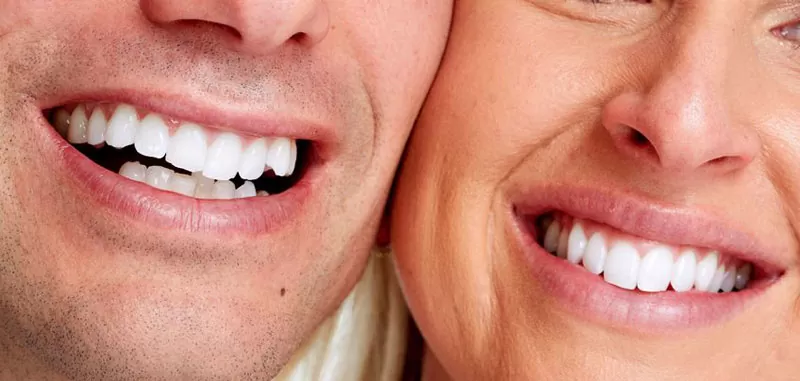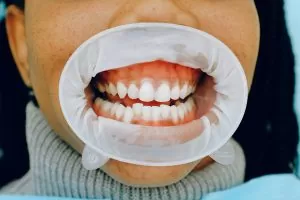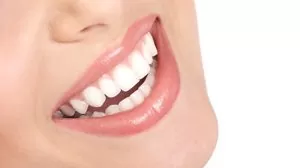When one hears ‘surgery’ one would think there is some complicated issue that needs to be corrected. Oral surgery is a procedure done to correct many dental concerns and it is done routinely. These procedures are done on an outpatient basis – like that for impacted teeth, tooth extraction etc. After the surgery, people can go back to their daily routine within a few days time. Oral surgery helps to restore and maintain good oral health.
When Oral surgery is mentioned – it often combines both oral surgery and maxillofacial surgery. While both aid in improving oral health, Oral surgery refers to the mouth while Maxillofacial refers to the face and jaw area. Injuries, trauma, genetic conditions that need to be corrected are all diagnosed and treated by surgeons. In some conditions, surgeons would assist dentists in providing information to the dental issue at hand.
Common procedures in oral surgery
- Wisdom teeth removal
Wisdom teeth appear after all the rest of the teeth have erupted. This might create a situation of not having enough space in the mouth to accommodate the teeth. When this happens the teeth will be crooked or misaligned. Crowding of teeth will create dental issues like tooth decay, bad breath and infection. Thorough brushing will also not be able to clean the spaces in between the teeth. Food gets stuck in these spaces and bacteria will act on this food and erode the teeth. To avoid dental decay, surgery is performed. Surgeons conduct the surgery under anaesthesia. When the misaligned wisdom teeth is removed, the dental health of remaining teeth is maintained.
- Impacted teeth removal
Wisdom teeth erupt after the premolars and molars are in position. Wisdom teeth do not have enough position to come out, they do not emerge completely. They get stuck in the jaw bone. This condition is known as impacted wisdom teeth. When the wisdom teeth are stuck in the gums, it brings about infection, inflammation and swelling in the gums. This infection can bring about gum diseases and tooth decay. Removal of this impacted tooth is suggested. The jaw bone is cut to remove the teeth that is stuck. Proper care needs to be taken after surgery for better oral health.
- Dental implants/denture placement
Due to various reasons, you may need to undergo teeth replacement. Dentists suggest implants to provide support and strength to teeth. In this procedure, strong roots are given to the new teeth which help to support them and makes sure that they stay in position. The surgeon will place metal roots for providing anchorage to the new teeth. These roots are grafted into the jaw bone and the new replacement teeth stay in position. Cuts are made in the bones to place these sturdy roots. Healing will take place in a few weeks time. This procedure will also provide support in improving oral health. Some who have undergone this procedure have noticed an improvement in their speech conditions as well.
- Misaligned/uneven jaw
Having a misaligned or uneven jaw can be due to trauma to the jaw bone or a birth defect. If due to genetics, the jaw does not develop properly. There will be associated problems in swallowing, speech and even chewing food. If it is only misaligned teeth, then wearing braces can help correct them. But if the jaw bone is misaligned then surgery is recommended. With surgery, the jaw bones and teeth are moved into their correct positions and they are aligned correctly. To aid in proper positioning of the jaw bones after surgery, some dental specialists will recommend using braces.
- Facial Pain/Temporomandibular Joint (TMJ)
The temporomandibular joint essentially works like a hinge and helps to connect the jaw bone to the skull. When there is a disorder in the TMJ it causes facial pain and also a pain in the neck region. Surgery is suggested if the pain or TMJ does not go away after other corrective procedures. According to the diagnosis, surgery is performed either on the jaw bone or the neighbouring soft tissues. There are different types of surgeries performed to set right this dental issue.
- Cleft lip and cleft palate correction
A cleft lip or palate is seen in some children, they are born with this condition. This is a defect at the time of development. While developing in the womb, the right and left side of the face or mouth do not meet, this leaves a hole in the roof of the mouth. Due to this condition, children will have problems in consuming food, speech etc. Surgery will be done under anaesthesia, and the roof of the mouth will be repaired. It is often suggested by surgeons to do this surgery quite early as this will help in the proper overall development of the child.
- Surgery due to cancer in the oral region
Surgery for oral cancer depends on the nature of cancer- the location of cancer and the stage it is in. Surgery to remove the part of the oral region to contain the spread of cancer is usually suggested. Surgery of the lips, tongue or any other part of the mouth is done to help treat the disease. If there is any tumour in any part of the oral region, then that tumour is removed. Reconstruction surgery is also performed to help in treatment and healing.
- Surgery for facial injuries and facial infections
Trauma to the face and mouth can happen due to accidents or from contact sports. Injury to the facial nerves, salivary glands, or those affecting the jaw bone is often helped by surgery. This type of treatment will involve treating injury to the fractures in the oral region or even replacing the lost teeth. Much of the surgery involves a restorative type of treatment and helps in promoting oral health.
- Sleep apnea corrections
Surgery for sleep apnea is sometimes suggested by dentists to help in treatment. Surgery is done on the roof of the palate. The air passage is cleared to make it wider and help in getting good sleep. Depending on the severity of the issue and the diagnosis different surgery options are considered.




